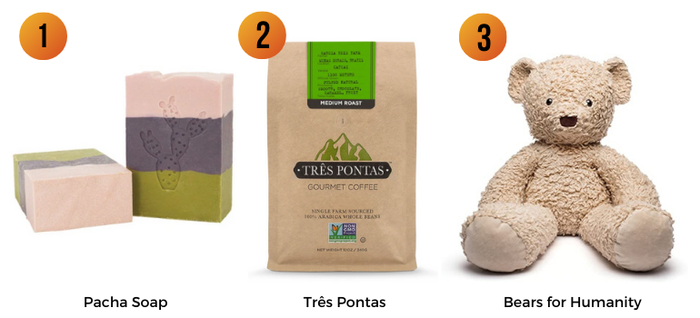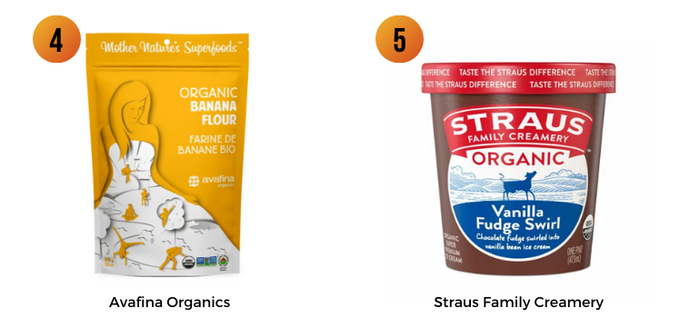The 'sourcing responsibly' trend: 5 innovators
NEXT Trends 2020 Expo West series—a look at "sourcing responsibly," one of the New Hope Network NEXT Data and Insights team's inventive business models trends.
April 13, 2020

NEXT Trends 2020 series: In an effort to help support retailers and brands, we will be publishing regular brand features for the next few weeks. Brands are selected from those that registered to exhibit at Natural Products Expo West 2020 and were curated as great examples of one of 50 trends New Hope Network is monitoring in the marketplace.
These trends are part of New Hope Network's NEXT Expo Guidebook and trend hierarchy.
Today, we look at five companies that are innovating in the "Sourcing Responsibly" trend within the Inventive Business Models macro force. Working to mitigate the extractive tendencies of our food system, many brands are operating with greater sourcing intention, lending new ways of conducting business and innovating business models and relationships to source their materials responsibly.

1. Pacha Soap
What is it? Soap company selling natural cruelty-free soaps made with no synthetic fragrances, SLS, parabens or sulfates.
Innovation: Pacha is currently donating soap and hand sanitizer to hospitals during the COVID-19 crisis. Pacha Soap’s ethical sourcing initiatives include setting up soap shops in partnership with Imagine Burundi, social programming like W.A.S.H. and clean water programs. Pacha Soap is made in the USA.
2. Três Pontas
What is it? Três Pontas sells single source Arabica coffee and Chilean olive oil.
Innovation: Três Pontas sources coffee from small, single family farms that are looking to export their natural whole food products outside their home country for the first time. Três Pontas coffee features QR codes for traceability back to the family farm where the coffee is sourced. All source farms practice sustainable farming and invest in their workers and families. Its olive oil comes from the Casablanca Valley in Chile, is sourced from a single farm and is cold pressed with no chemicals or heat.
3. Bears for Humanity
What is it? Organic, hand stuffed and fair trade stuffed animals.
Innovation: Bears for Humanity manufactures organic and sustainable products, uplifting people from poverty by creating fair trade jobs, and giving back to causes for children, animals and the environment. It manufactures and sell GOTS Certified organic plush toys, gifts and apparel souvenirs. With every purchase, Bears for Humanity donates a teddy bear to a child in need. Bears for Humanity has a fundraising platform that allows up to 30% of bear sales to go to a charity of customers’ choice.

4. Avafina Organics
What is it? Avafina Organics sells organic, plant-based, raw and sprouted foods like grains, spices, spreads and seeds.
Innovation: Avafina Organics has a unique line of plant protein dips in unique flavors like Qummus, which is a quinoa hummus that features pea protein, maca, hemp seeds and other superfoods. Avafina has had relationships with the organic farmers from whom it sources for as many as 22 years.
5. Straus Family Creamery
What is it? Family-owned and -operated business that produces minimally processed organic dairy products. Straus was the first certified organic creamery in the U.S. Straus now has collaborative relationships with the nine independently owned, certified organic dairy family farms that supply the creamery with organic milk.
Innovation: Straus is now offering a line of ice creams with clean labels and classic flavors like Vanilla Chocolate Chip. In addition to using sustainable and humane practices, Straus is also dedicated to renewable energy. It uses a methane digester to capture methane from the cows’ manure and transform it into electricity. The digester has significantly reduced methane emissions by more than 1,600 metric tons of CO2 each year—equivalent to eliminating the annual greenhouse gas emissions from about 350 passenger cars.
About the Author
You May Also Like




